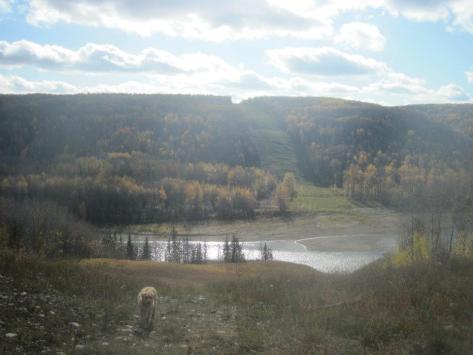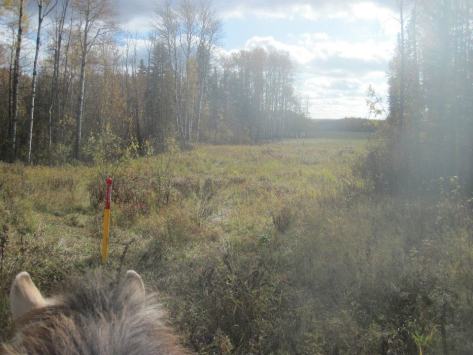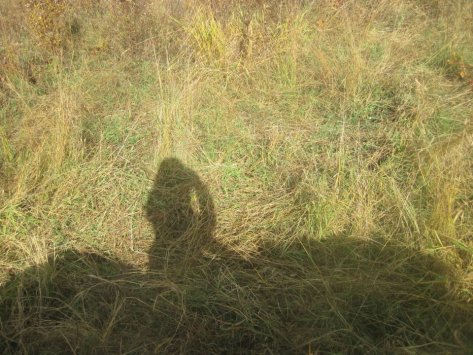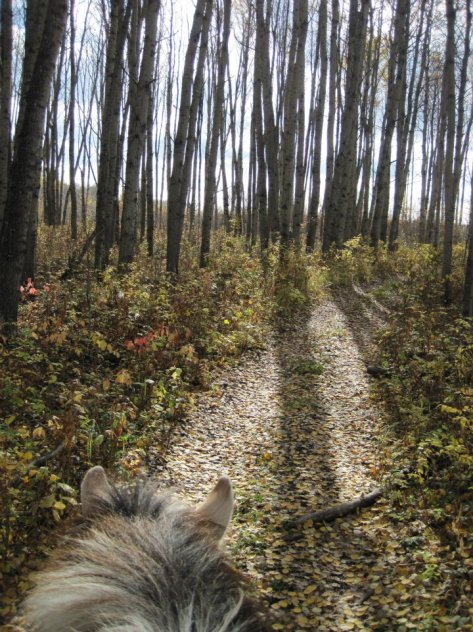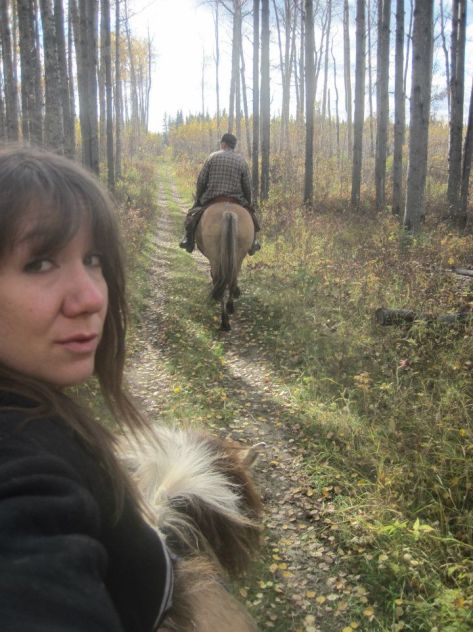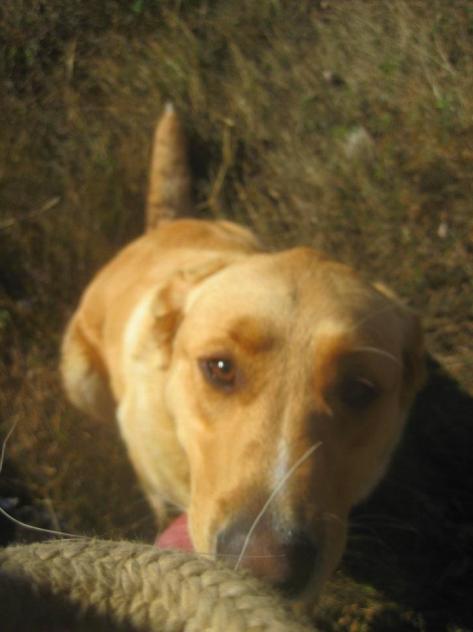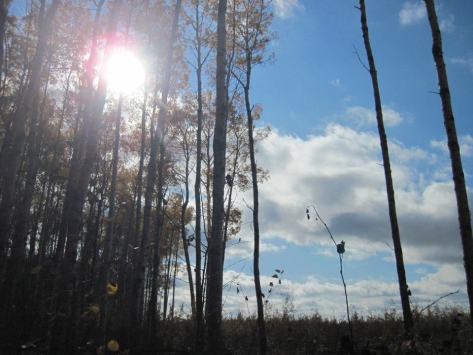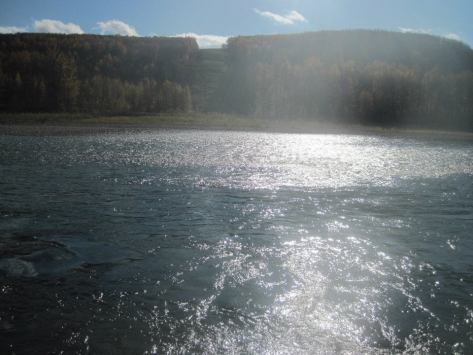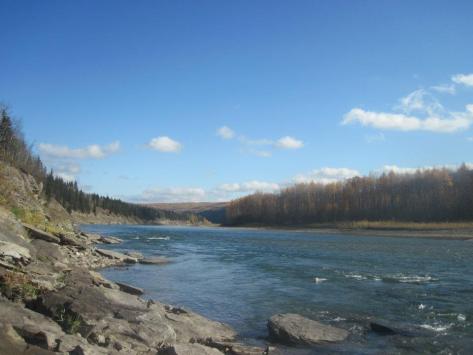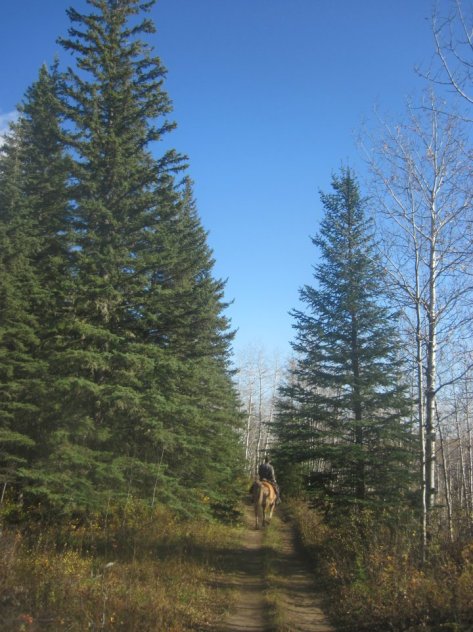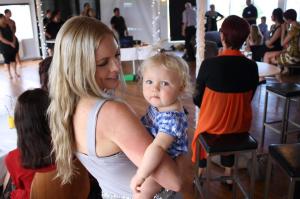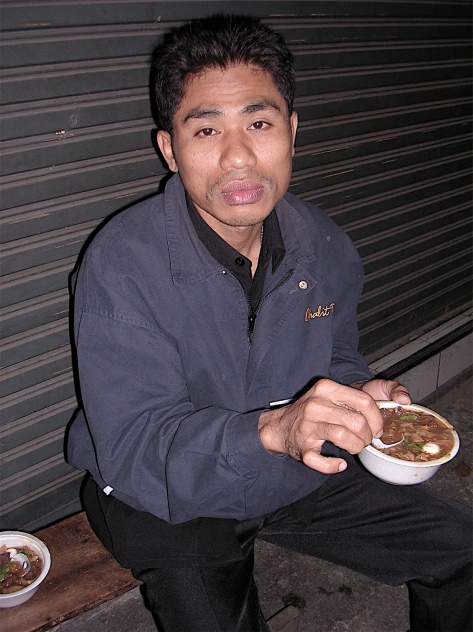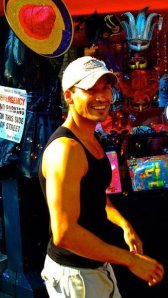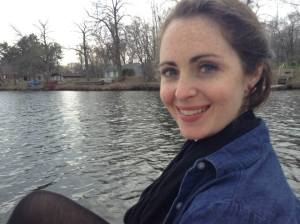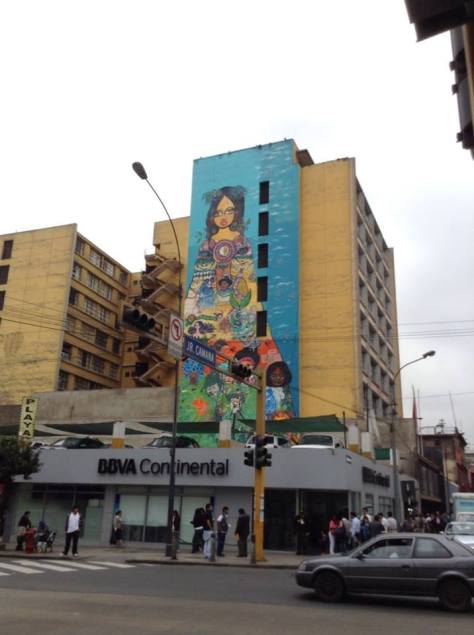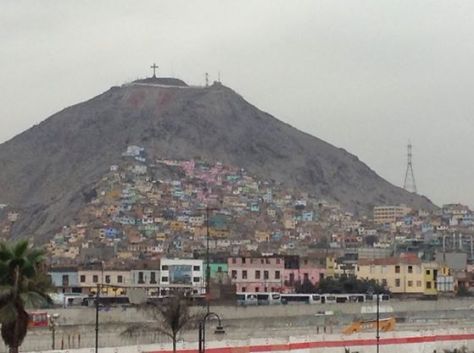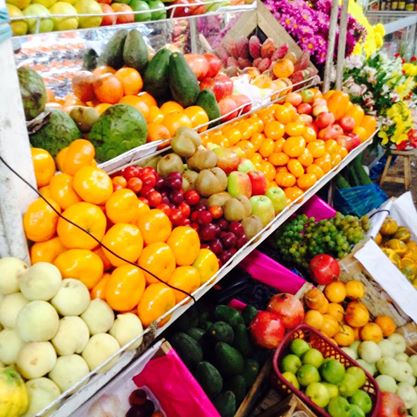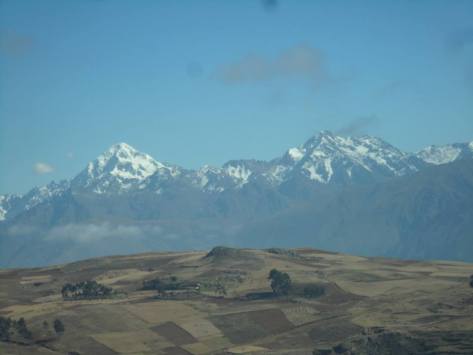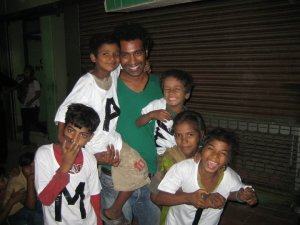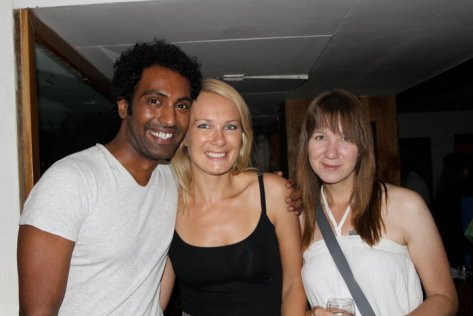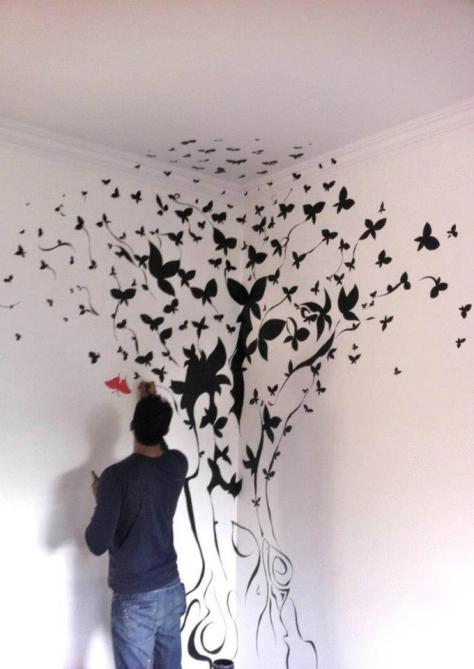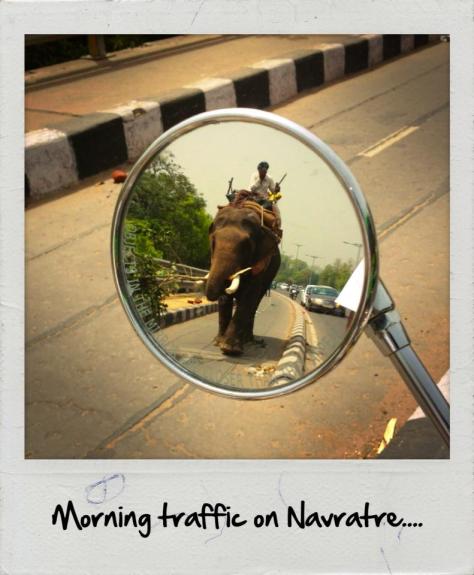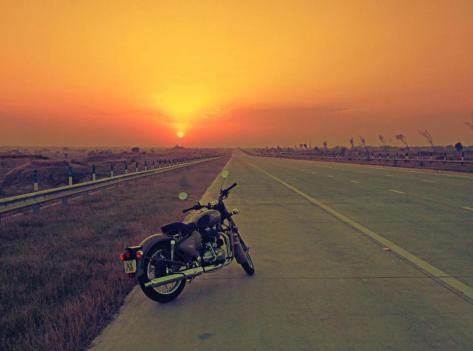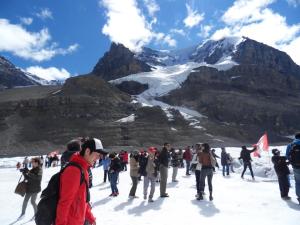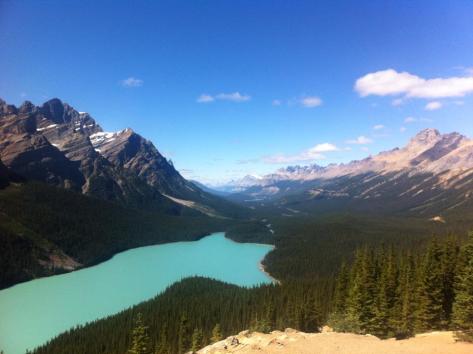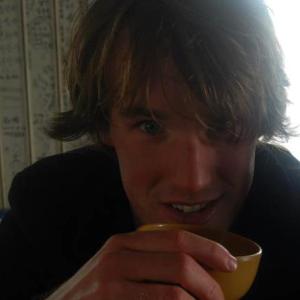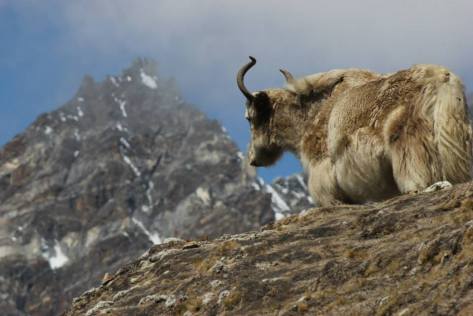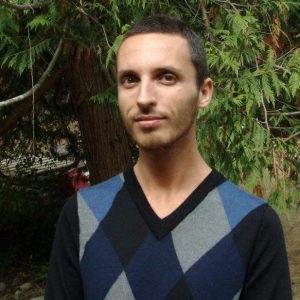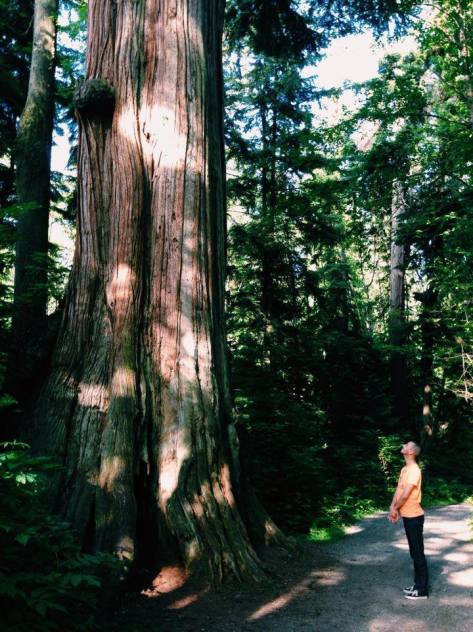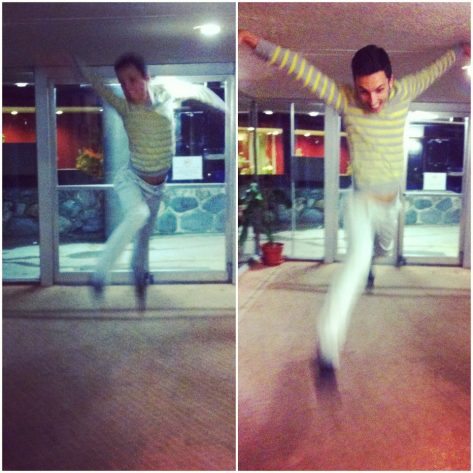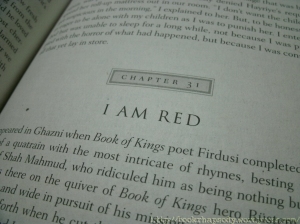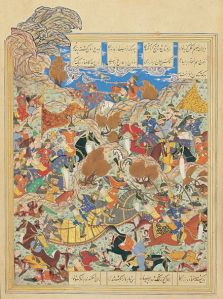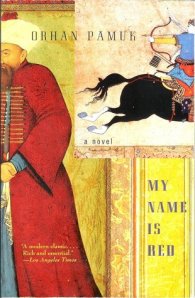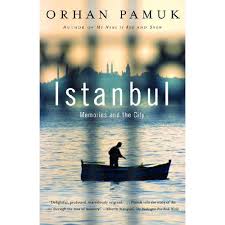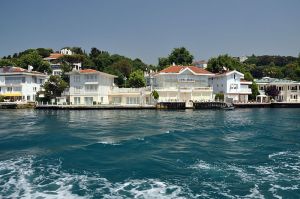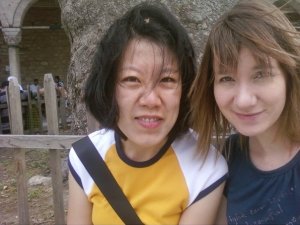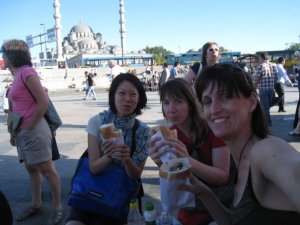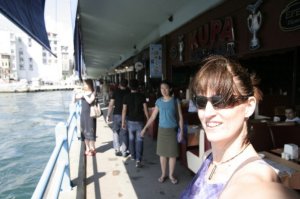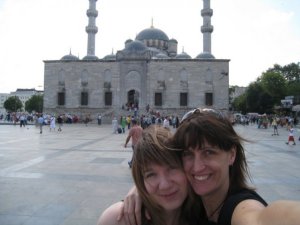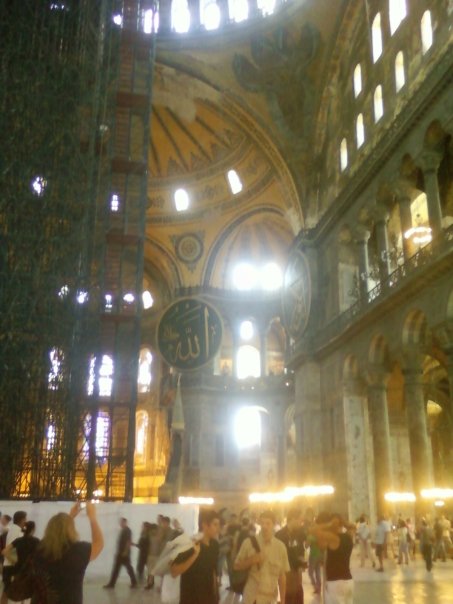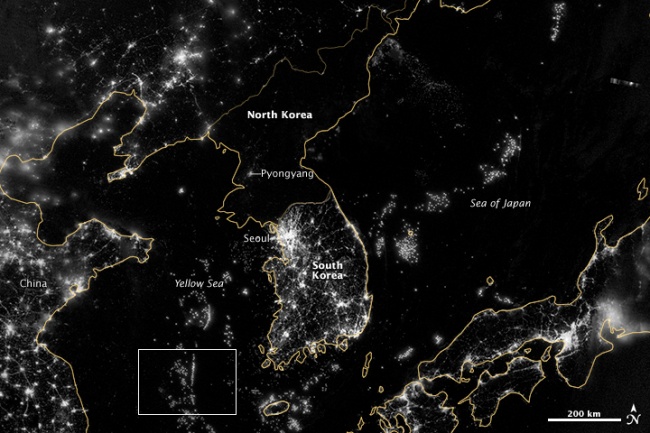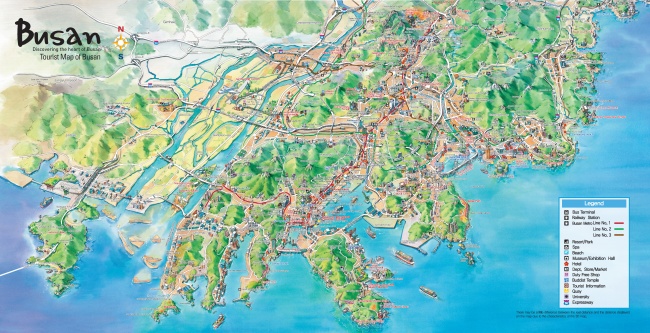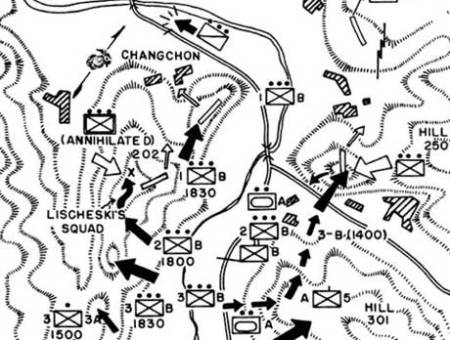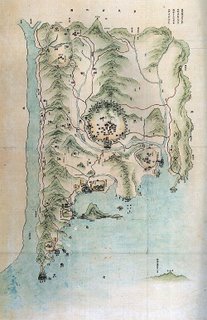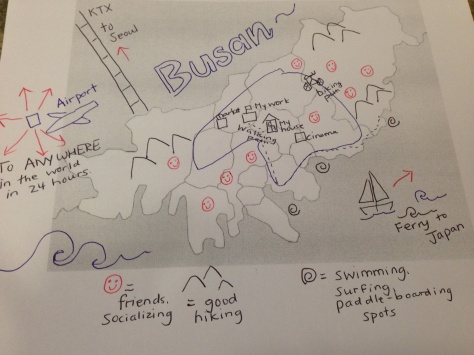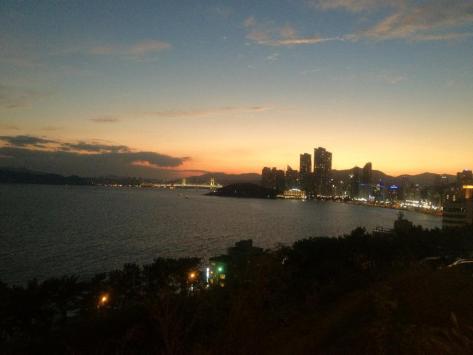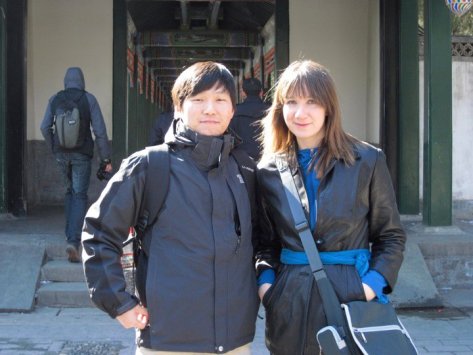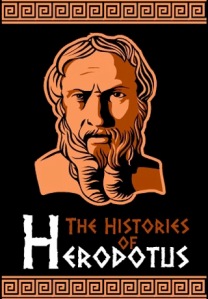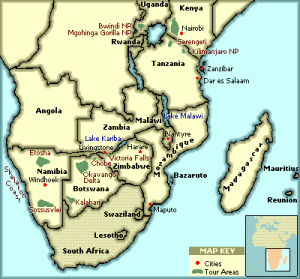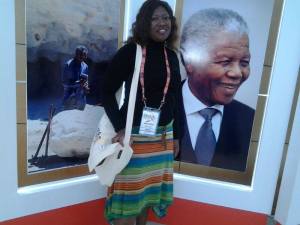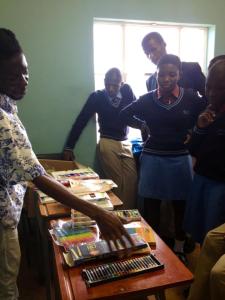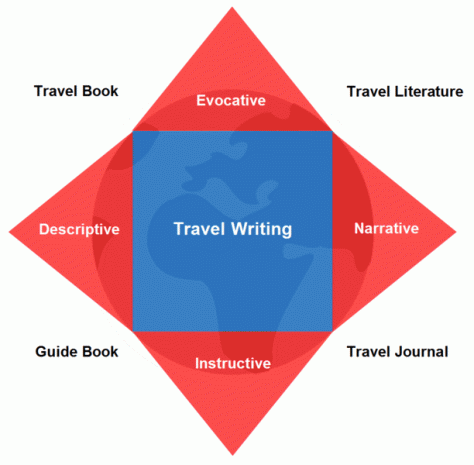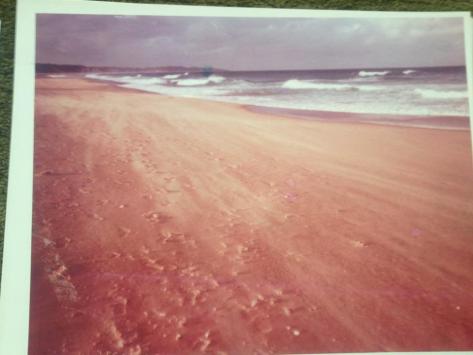In my last post, I discussed the importance of not hearing a single story, but for a reader, observer, traveler or participant in life to take in all kinds of stories to develop a multifaceted perspective, rich with voices. When we have too little information, are disconnected, or not fully present in the moment, we can misjudge a person or a situation and take on a belief that is akin to imperialism, in which we unconsciously and erroneaously perceive ourselves as superior to another. Or, we can romanticize or unwittingly be patronizing to elements of others which to us are unfamiliar or exotic, and thus limit the power of the other. The first step in safeguarding from these attitudes is cultivating awareness of said attitudes, and then consideration may follow naturally. It is beneficial to appreciate differences in others as a richness that contributes to the bounty of expression of life, while simultaneously recognizing the similarities in others to establish a connection that ensures just humanity, equality, and fosters equanimity. In certain languages, when we are close to another, we address them as our brother or sister. Every contact is powerful and has a special purpose which we may not fully understand but must respect and appreciate, and attempt to assist on their journey. If we travel with a graceful attitude, and remain present in the moment, we can treat our brothers or sisters as we would like to be treated. This has not always been so in history, but history is in the process of being rewritten.
In this post I wish to create a gallery of voices. I wish to engage travelers in the process of reflection and creativity about their experiences, and to open a channel for discourse to express a full range of emotions related to travel, and possibility it creates. These travelers share details about a particular travel experience, or commentary on their philosophy of travel. I especially am interested in the impetus or inspiration which motivates people to travel, and how travel helps us make meaningful contacts and inspire life changes. I want to emphasize interconnection of audience and speaker. This post will continuously be updated with new additions by a variety of contributors who have graced my life with their presence. Thank you to them. I hope you enjoy these stories as well, and I encourage you to leave questions and comments.
The Voice Gallery:
Traveler: Tony MacGregor
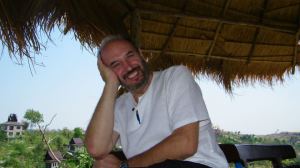
Bio: Tony is a Canadian editor/journalist/film maker living in Chiang Rai, Thailand with his Thai wife and eight-month-old daughter. He is currently working on a film about a 7th Century Korean monk called Wonhyo, who walked across the Korean Peninsula and found enlightenment in a tomb/cave on the western side of the peninsula.
http://inthefootstepsofwonhyo.com/
Q1: What was the impetus (reason/inspiration) for your trip?
My trip was a pilgrimage across the Korean Peninsula to honor Wonhyo’s journey of the 7th Century. It took place in September of 2012. It was the first pilgrimage to honor the saint in more than 1,300 years.
I became fascinated with Wonhyo, Korea’s most beloved and controversial Buddhist saint, after stumbling across him while reading about Korean Buddhism. I wanted to understand what happened to him on his journey in the mountains. By honoring Wonhyo, a kind of patron saint of Korea, I was also honoring the Korean people and saying thank you for the three wonderful years I spent there.
Q2: Tell me about a person you met.
The person who had the biggest impact on me was a monk, Jeong Gwan Sunim of Gimryongsa. His humility and naturalness and the simplicity of his approach really impressed me. I could see that his spiritual practice really worked for him. I made up my mind that I would go back and study with him, but I haven’t had the opportunity so to date.
Q3: How did this trip change your life?
It made me realize that life is a pilgrimage and not to lose sight of the ultimate goal; to focus on what is really important and not to be sidetracked into dead-end paths no matter how attractive they look.
Q4: What three items are must-bring things for you on your trip?
Every pilgrim needs an open mind, an inquiring mind and a desire for spiritual enlightenment and real peace.
Q5: What was the best foreign word you learned?
The best word I learned is kamsamida (thank you). It was a word I used often on the trip because the kindness of the people we met was overflowing. I felt very thankful for everything I experienced.
Q6: What do you think there should be a Nobel Prize for? There should be a Nobel prize for unwarranted acts of kindness.
Q7: If you could be transported to one place at one time, what would it be and why? I would like to witness the Buddha’s enlightenment and listen to his first sermon at Deer Park in northern India.
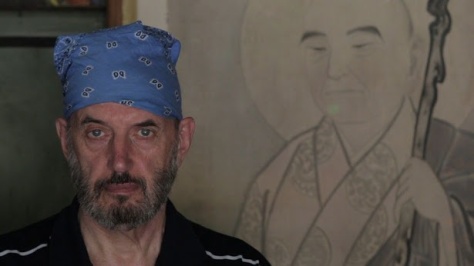
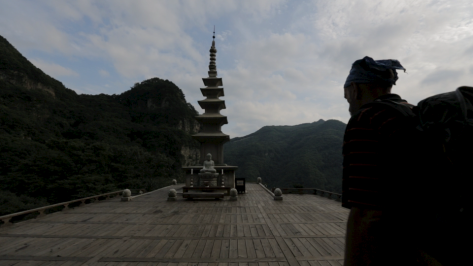
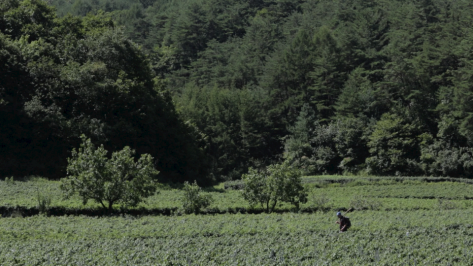
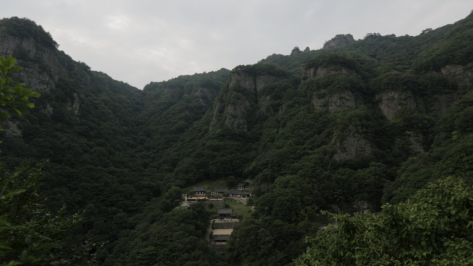
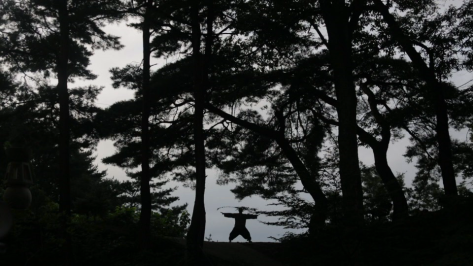
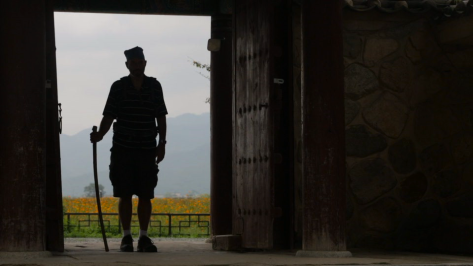
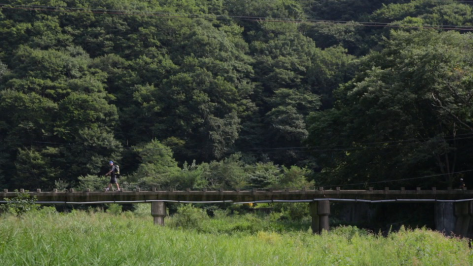
Traveler: Chae Hyun Lee
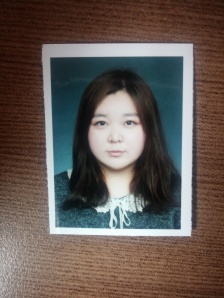 Bio: Rachel is a student at a Foreign Studies University in South Korea who enjoys singing and traveling.
Bio: Rachel is a student at a Foreign Studies University in South Korea who enjoys singing and traveling.
Q1: What was the impetus (reason/inspiration) for your trip?
I think it’s seeking for new experiments. Also sometimes people get sick of being the same, in being with myself in the past. However, with new surroundings, with new people, there are always chances to change.
Q2: Tell me about a person you met.
When I traveled to China, I met a Canadian who works as teacher in an elementary school in Korea. There was a guide for him and my family but the guide only spoke Korean and Chinese. So I helped him by translating Korean into English although I wasn’t fluent. I’ll never forget that trip.
Q3: How did this trip change your life?
Traveling makes me to think like I’m not alone wherever I go. There must be someone who will help me when I’m in trouble. In other words, I should help the travelers in trouble.
Q4: What three items are must-bring things for you on your trip?
Money, cell-phone, water
Q5: What was the best foreign word you learned?
ありがとう which means thank you
Q6: What do you think there should be a Nobel prize for?
For parents who endure everything for their children.
Q7: If you could be transported to one place at one time, what would it be and why?
“Salar de Uyuni,” the salt desert in Bolivia
It is the only place people can walk in the sky. Not actually but it seems so.
I always dreamed to go there.
Traveler: Danny Melhado
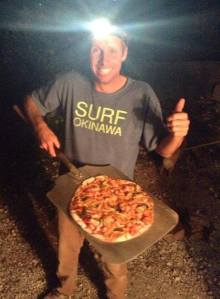 Bio: Danny Melhado has a guest house, surf / sup / snorkel guide and school in Okinawa www.happysurfingokinawa.com
Bio: Danny Melhado has a guest house, surf / sup / snorkel guide and school in Okinawa www.happysurfingokinawa.com
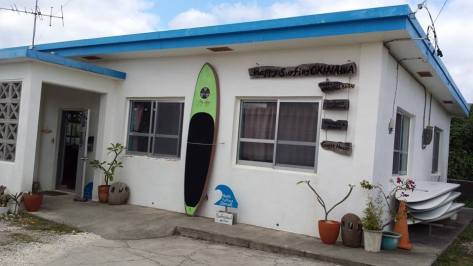
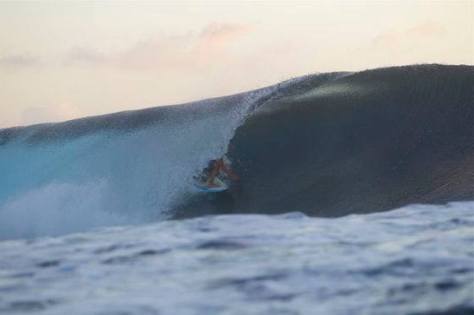
Q1: What was the impetus (reason/inspiration) for your trip?
My first trip to Okinawa was with a boss / friend who invited me along for a surfing magazine shoot in Okinawa.
Q2: Tell me about a person you met.
I met Mr Keiichi san 15 years prior in Florida surfing. I offered him and his wife to come to my home for a bbq. We had not seen each other for 15 years when he came and found me at a surfing contest in Shikoku Japan. He offered to take me to Okinawa where we met many great local people of Okinawa. We surfed for 1 month in many great locations. I am forever in debt to him for changing my life.
Q3: How did this trip change your life?
This trip changed my life as it opened doors for me to come and live and make business in Okinawa.
Q4: What three items are must-bring things for you on your trip?
Three things to bring for me where surfboard, surf trunks, and spirit to charge whatever waves we found during our stay.
Q5: What is the best foreign word you learned?
The best foreign word I learned was arigatogozaimasu. The first word to learn in any host country…Thank you.
Q6: What do you think there should be a Nobel prize for?
There should be a Nobel prize for Mr. Kelly Slater….The king of surfing!
Q7: If you could be transported to one place at one time, what would it be and why?
If I could be transported to a place it would be back to Florida to see my mother and give her a big hug 🙂
Traveler: Cheryl Kim
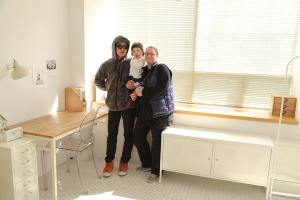 Bio: Cheryl is an athlete, a college English teacher and lives with her daughter Kai and husband Byung Sung in Korea. Kai is already in training to be a pro surfer! She is learning swimming, skateboarding, surfing, skateboarding, hapkido, and piano. Cheryl assists Byung Sung in managing his surf/SUP/skateboarding shop in Busan with his business partner, Lee Jihun. www.facebook.com/kaisurfschool
Bio: Cheryl is an athlete, a college English teacher and lives with her daughter Kai and husband Byung Sung in Korea. Kai is already in training to be a pro surfer! She is learning swimming, skateboarding, surfing, skateboarding, hapkido, and piano. Cheryl assists Byung Sung in managing his surf/SUP/skateboarding shop in Busan with his business partner, Lee Jihun. www.facebook.com/kaisurfschool
Q1: What was the impetus (reason/inspiration) for your trip?
I went to Puerto Rico for off-season training in beach volleyball. It was a ten-day trip.
Q2: Tell me about a person you met.
I met one of the Puerto Rican national team players named Willie Dejesus. He said to me that in life you have to live in the moment, and don’t let anything hold you back from the things you want to do, because at the end of your life, your friends, your money, your family – they won’t be there, but your memories will be. So, it’s important to live your life to the fullest and make memories. He also said that it doesn’t matter what the outcome is, whether you’re successful or you fail, because it’s the memory that counts.
Q3: How did this trip change your life?
Well, it inspired me to try to fulfill my dreams, regardless of whether I was successful or not. It also gave me the courage to do things that I never thought were possible. Such as playing for the Canadian national beach volleyball team, and later, moving to Korea without any thought. From that point, pretty much everything in my life, I’ve just gone with the flow.
Q4: What three items are must-bring things for you on your trip?
A toothbrush, passport, and a sense of adventure.
Q5: What was the best foreign word you learned?
The best foreign word I learned is “chingu.” It means “friend” in Korean.
Q6: What do you think there should be a Nobel prize for?
There should be a Nobel prize for abstract thought.
Q7: If you could be transported to one place at one time, what would it be and why?
I would go to a deserted island in the middle of the ocean, just to experience some untouched nature and see and feel the raw beauty.
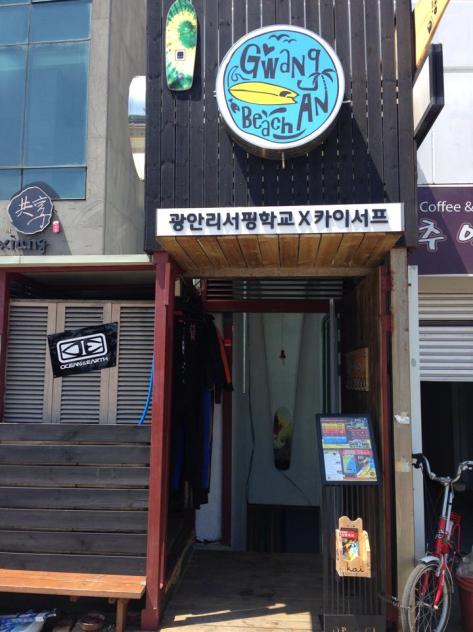
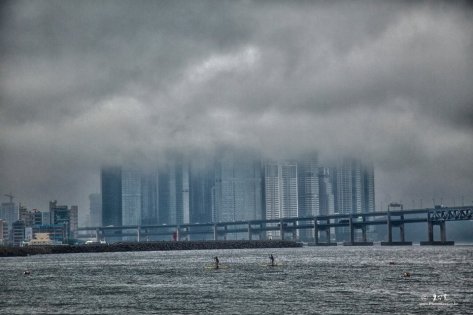
Traveler Gabriel Pettyjohn
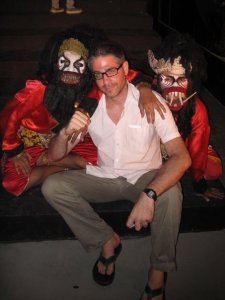
Bio: Gabriel Pettyjohn is a graduate student of International Relations in Seoul, South Korea who enjoys reading constantly and regularly visiting art museums and galleries, as well as music and dance performances.
Q1: What was the impetus (reason/inspiration) for your trip?
In 2010 I took a three and a half month trip to China, Malaysia, Singapore, and Indonesia.
One of the reasons this trip turned out the way it did was that my Malaysian friend Pearl, who works as film director in Shanghai, needed to return to Malaysia and Singapore to renew her passport and visas. She suggested that I join her on her trip, so that she would be able to show me around Kuala Lumpur and Singapore. I met up with her in Shanghai and stayed for a week while she wrapped up a project. Then we stayed with her cousin’s family in KL, her friend who managed an international modeling agency in Singapore, and then I was off on my own for two months traveling through Indonesia.
Q2: Tell me about a person you met.
I was able to meet my friend Kiki on this trip. Kiki was a friend who I had made online years before my trip. I was very happy to be able to meet her in person. Her father had been a famous Indonesian rock star in the 1970s, so she was able to take me to some very fun parties around Jakarta and show me an incredible side of life in that city. She is a super energetic and works as a designer and as the fashion columnist for the Jakarta Post. She is a very well connected and cheerful person to know.
Q3: How did this trip change your life?
It was an extended exposure to languages, lifestyles, foods, cultures and landscapes I had never seen before. It was a challenging and lovely time.
Q4: What three items are must-bring things for you on your trip?
1. Some books and a notebook for journaling.
2. One comfortable backpack for all my things.
3. Some flexible clothing that can be worn in either informal or formal situations. I pack a lot of black clothing as it blends well. You never know what you might be invited to.
Q5: What was the best foreign word you learned?
The best foreign word I learned is Selamat pagi, which is an Indonesian greeting.
Q6:What do you think there should be a Nobel Prize for?
There should be a Nobel Prize for the art of translation.
Q7: If you could be transported to one place at one time, what would it be and why?
I would be in Berlin with my Japanese friend Noriko, as she is currently undergoing cancer treatments and I think she could really use a friend to help her out in this difficult time. I could cook and clean and help around the house. I think that would be appreciated. Friends should be there for each other when things get rough.
Traveler: Francis Cheol-Hyun Park
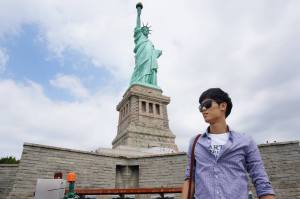 Bio: Francis Cheol-Hyun Park is an Electronics and Programming major at Korea University. He served in the Korea Air force as a sergeant, and is currently studying English in New York.
Bio: Francis Cheol-Hyun Park is an Electronics and Programming major at Korea University. He served in the Korea Air force as a sergeant, and is currently studying English in New York.
Q1: What was the impetus (reason/inspiration) for your trip?
I wanted to improve my English so I wouldn’t have to worry about English in my life. To get a good job, a high level English is required. In addition, I thought traveling to NY for somewhere in the neighborhood of an year was good chance to learn about other cultures, too.
Q2: Tell me about a person you met.
I met a lot of teachers who have a strong desire to make their students talk like native speakers. They taught me not only English but also cultural and historical things about the US. I met many friends from all over the world. Each friend showed me their culture, stereotypes, and fixed ideas.
Q3: How did this trip change your life?
First, through the veil of my own conceit, I thought I was good enough to show off my English. This trip broke my high self-esteem. Second, I learned to tolerate differences. I am getting a wide view of the world and kinds of people with different cultures, sexual orientations, and points of view. Third, I got great friends from all countries.
Q4: What three items are must-bring things for you on your trip?
Smart phone, money, I.D.
Q5: What was the best foreign word you learned?
The best new word I learned was “concede” (accept).
Q6: What do you think there should be a Nobel Prize for?
I think there should be a Nobel Prize for freedom which is behavior about their belief.
Q7: If you could be transported to one place at one time, what would it be and why?
To NY. Because it’s competent for living based on my personality and character. And job welfare is better than Korea in my university major field. Just I like NY’s life style.
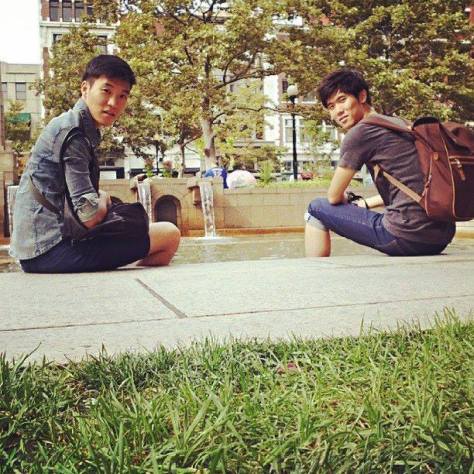
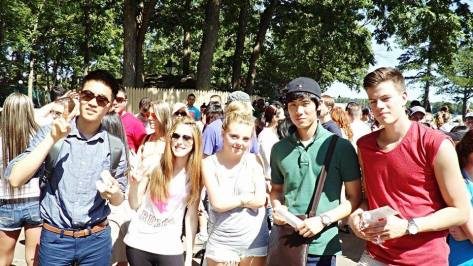
Traveler: Kari Taylor Atkins
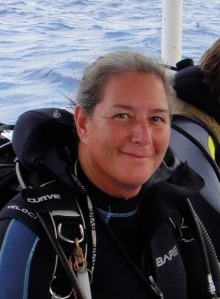 Bio: Kari is a scuba instructor and health IT consultant who enjoys underwater photography, golf, coffee and home-grown tomatoes. www.atkinsscuba.com
Bio: Kari is a scuba instructor and health IT consultant who enjoys underwater photography, golf, coffee and home-grown tomatoes. www.atkinsscuba.com
Q1: What was the impetus (reason/inspiration) for your trip?
It’s difficult to choose one trip, so I’m going with one of my first: a cruise I took with my husband in March, 2001. The impetus for the trip was to achieve our scuba certification. We had done the pool and class work at home in Edmonton over the winter, and needed to complete 4 open water dives to become certified. Turns out it was a life-changing experience.
Q2: Tell me about a person you met.
Catherine. She was our instructor in Cozumel, Mexico, for our first two ocean dives. She is a kind, gentle soul and one of those people who, when you meet them, you instantly feel you’ve known forever. I fell for her instantly. The following year when we were deciding on a destination for a scuba vacation, it was an easy decision: I wanted to go wherever Catherine was. She still lives in the area, and while we don’t communicate often, I think of her very frequently and am grateful for the influence she had on my experiences.
Q3: How did this trip change your life?
It’s the trip where I learned to dive, which became an avid hobby, and then a part-time profession. For the past nine years my husband and I have been leading dive groups, mostly back to Cozumel, and have our own following of divers who we’ve trained and who we love to dive with. He is now a PADI Course Director, which is the highest trainer rating there is, and I’m working my way toward becoming a Master Instructor, the rung just below that. Diving has offered me the opportunity to translate my “boring business skills” into real life passion. We transformed a sleepy dive shop in Mexico to a top-notch training facility, and are in the process of working with another shop to do the same. It’s exciting. It’s liberating. It’s true what they say: if you love what you’re doing, you’ll never work a day in your life. And that first trip was the kick off to all of that.
Q4: What three items are must-bring things for you on your trip?
I’ve often said all I need is a credit card and my toothbrush. I’d add a device – I do most of my communicating through facebook, and all of my business activities can be done on my iPad.
Q5: What is the best foreign word you learned?
The best foreign word I learned is “mañana.” It doesn’t mean “tomorrow” – it just means “not today.”
Q6: What do you think there should be a Nobel Prize for?
There should be a Nobel Prize for patience. It’s a quality so many travelers lack.
Q7: If you could be transported to one place at one time, what would it be and why?
Scotland in the late middle ages. Kilt wearing, clan loving times. “As long as only one hundred of us remain alive, we will never, on any conditions, be brought under English rule.” Then.
Traveler: Jae Seong An
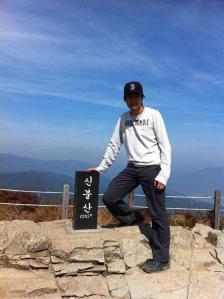 Bio: Jae Seong is a classical musician in Busan, South Korea who enjoys Mahler and Mozart, plays bassoon and saxophone, and likes to play and watch baseball, especially Lotte Giant games.
Bio: Jae Seong is a classical musician in Busan, South Korea who enjoys Mahler and Mozart, plays bassoon and saxophone, and likes to play and watch baseball, especially Lotte Giant games.
Q1: What was the impetus (reason/inspiration) for your trip? I went to Germany for an internship with a musical instrument company. I lived in Nauheim, and took train trips to Frankfurt, Heidelberg, and Bad Nauheim. I learned that Elvis Presley did military service in Bad Nauheim.
Q2: Tell me about a person you met.
On the train, I befriended the person in the seat next to me, and we traveled together around Heidelberg. In Heidelberg, I found “Goethe,” or a “thinking street.” The promenade had a sign that said it was specially designated for a stroll and a ponder. It was a cobblestone, walled walkway with a view of Goethe castle.
Q3: How did this trip change your life?
It made me interested in living abroad again. For my graduate studies in music, I lived in Pittsburg for three years. Since this trip to Germany, I’ve been daydreaming about trying another country.
Q4: What three items are must-bring things for you on your trip?
My cell phone, credit card, and an open mind and feeling to behold completely what I see in front of me.
Q5: What is the best foreign word you learned?
My favorite foreign word is “entschuldigung.” It means “excuse me” in German. I just like the way it sounds.
Q6: What do you think there should be a Nobel Prize for?
I think there should be a Nobel prize for good parenting.
Q7: If you could be transported to one place at one time, what would it be and why?
I would meet myself in middle school to give advice to myself in life.
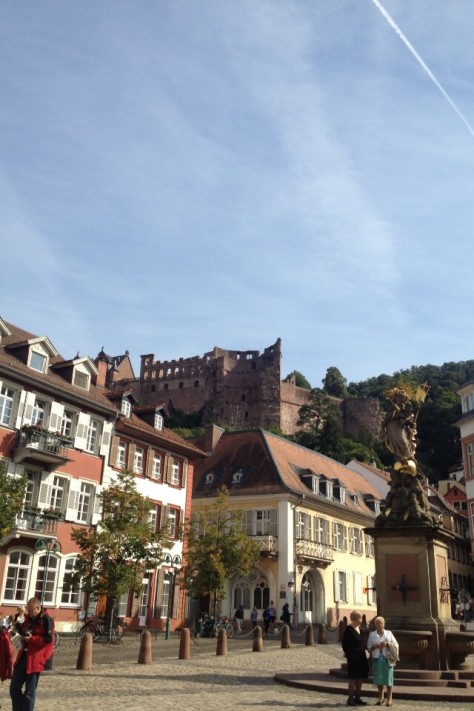
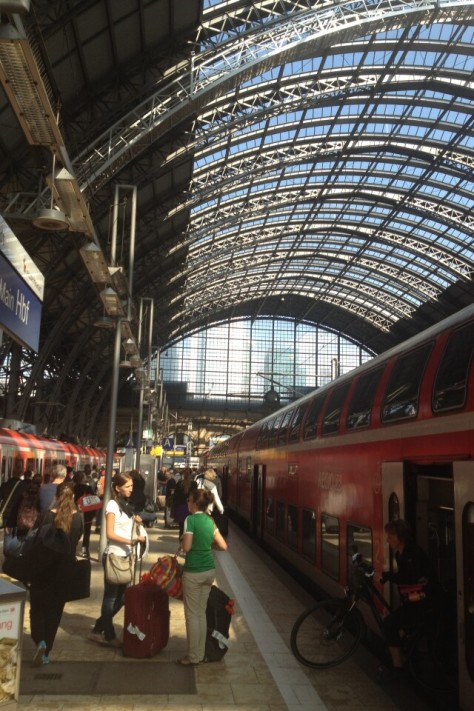
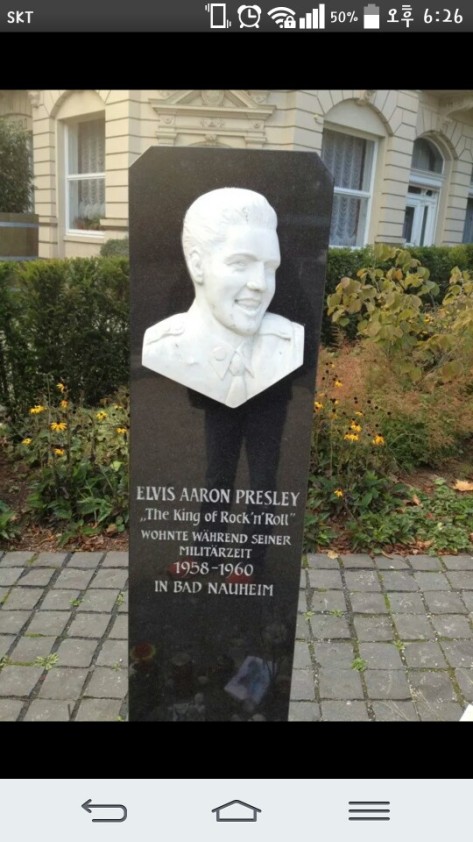
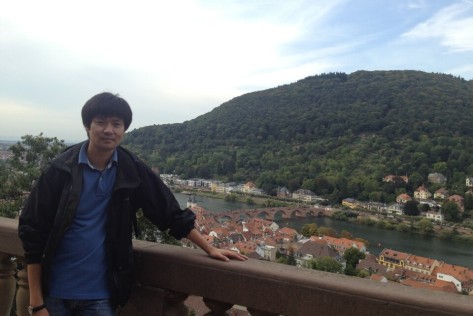
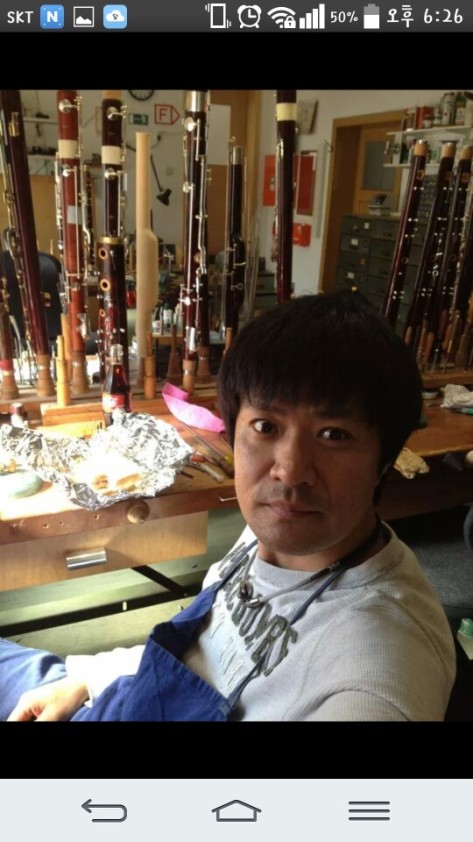
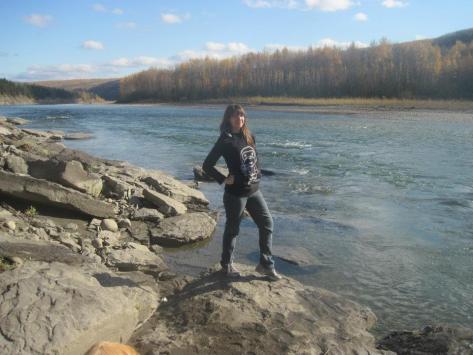
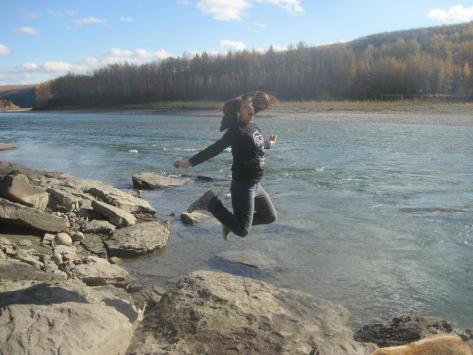 I took that kind of awareness out into the world, and became a traveler. I didn’t get my first passport until I was twenty-one, when i was preparing to finish my BA. My travels began in Africa, then to Asia, and a bit of the Middle East and Europe. When does it stop? When I die. I’ve relinquished the need to live in the future constantly, but my window to the world, though I nurture my ambitions, is in the present. My experience of this world is through me, but I often think of the people I have met in the steps along the way. If I am to begin telling my stories, I have to revere all the people I met along the way. I don’t suppose to represent them, but I can give my version.
I took that kind of awareness out into the world, and became a traveler. I didn’t get my first passport until I was twenty-one, when i was preparing to finish my BA. My travels began in Africa, then to Asia, and a bit of the Middle East and Europe. When does it stop? When I die. I’ve relinquished the need to live in the future constantly, but my window to the world, though I nurture my ambitions, is in the present. My experience of this world is through me, but I often think of the people I have met in the steps along the way. If I am to begin telling my stories, I have to revere all the people I met along the way. I don’t suppose to represent them, but I can give my version.